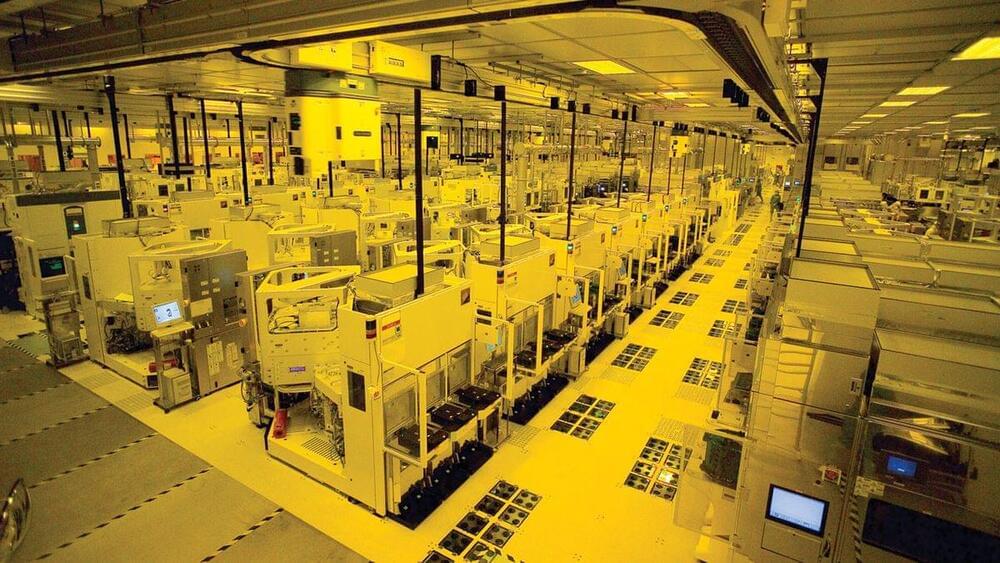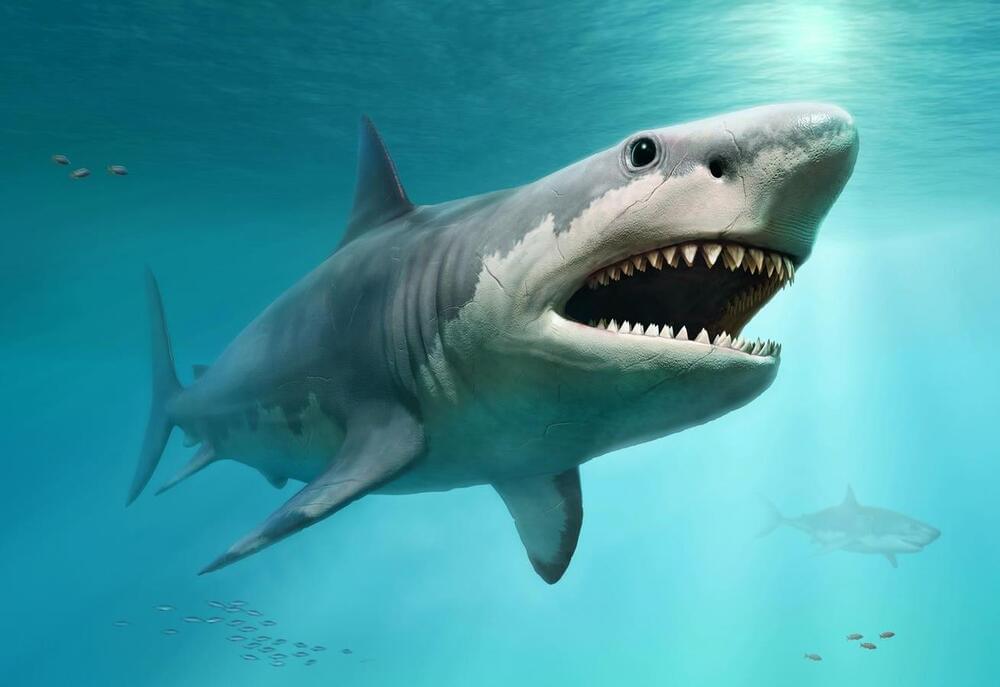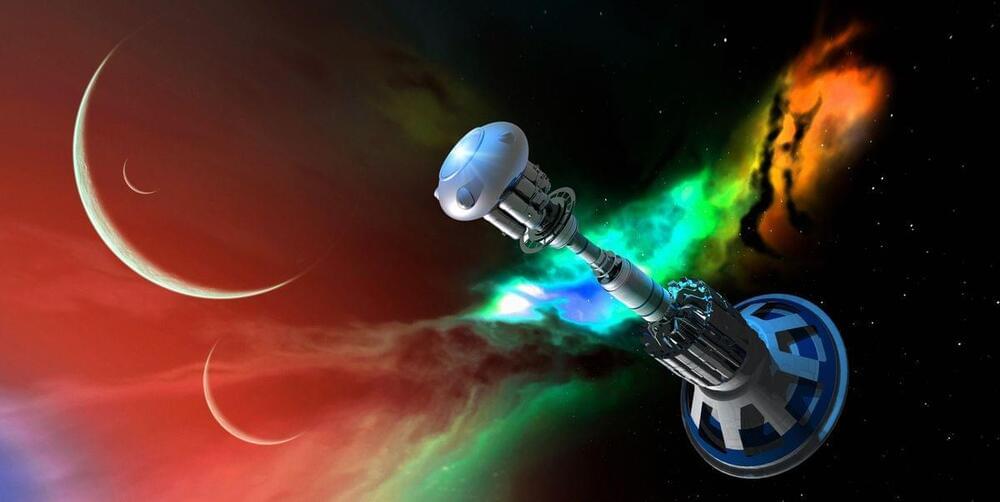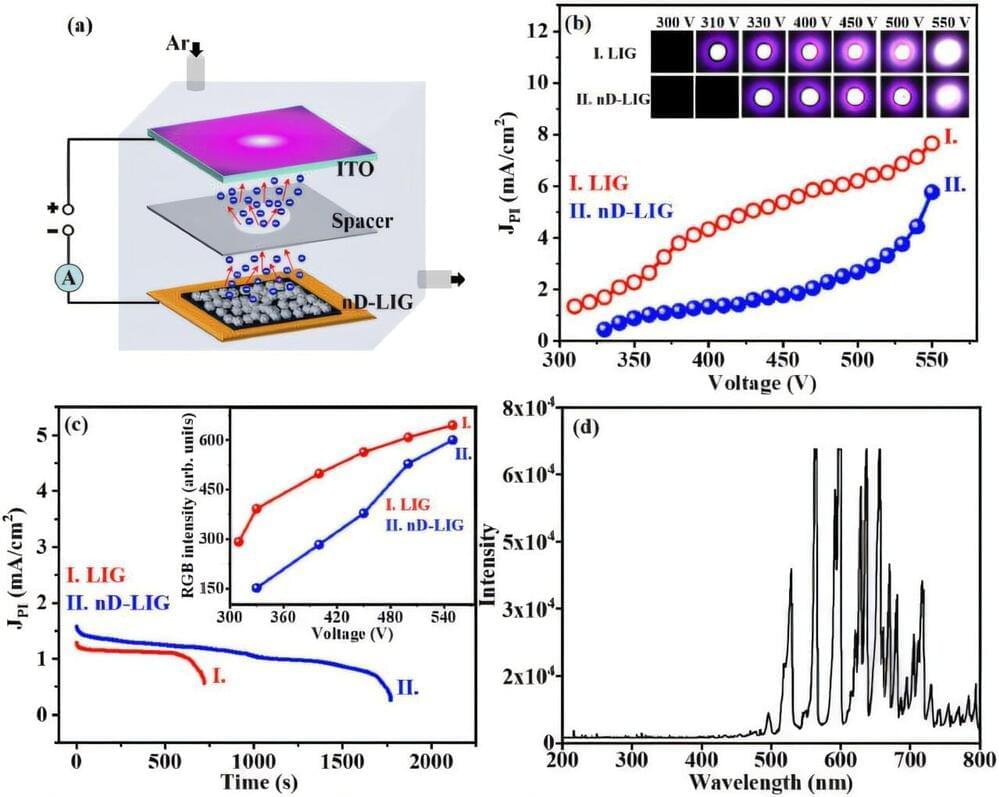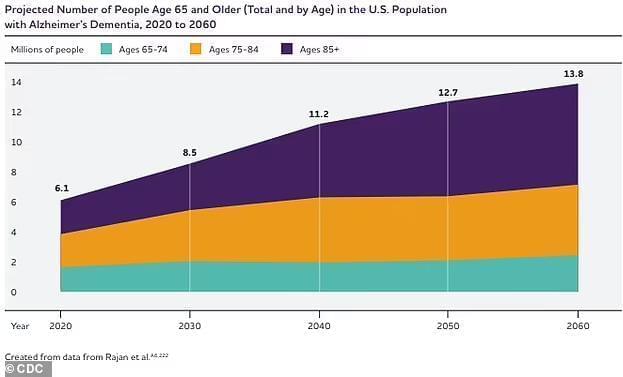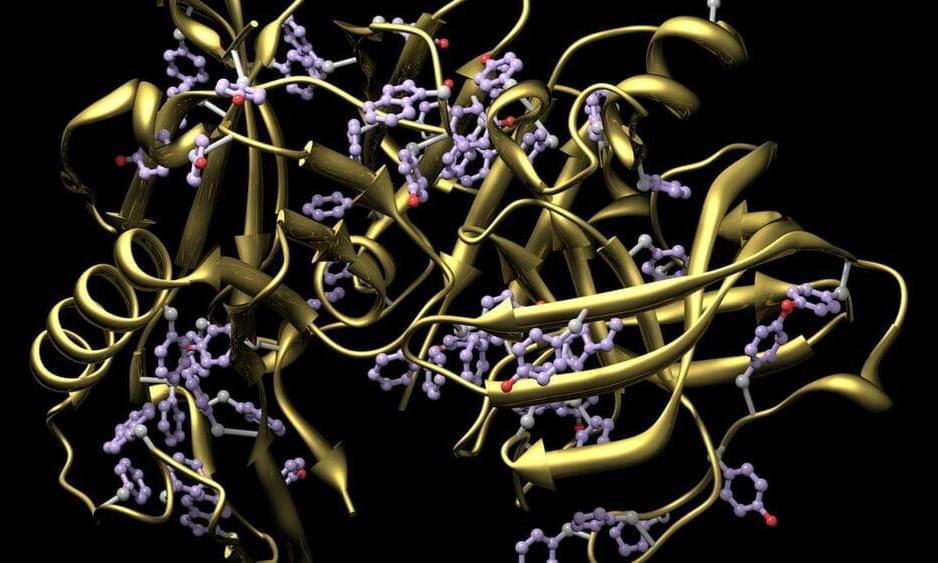Page 16
Jan 11, 2025
Elon Musk’s Neuralink just gave third human a brain implant — Here’s what’s next
Posted by Dan Breeden in categories: biotech/medical, Elon Musk, neuroscience
Neuralink has implanted its device in third human patient and plans more procedures in 2025. The device allows paralyzed individuals to control external devices with their thoughts. The company is conducting studies to evaluate the safety and efficacy of its brain implants. Neuralink aims to revolutionize neurotechnology.
Jan 11, 2025
I’m a neuroscientist who taught rats to drive − their joy suggests how anticipating fun can enrich human life
Posted by Dan Breeden in categories: education, robotics/AI, space
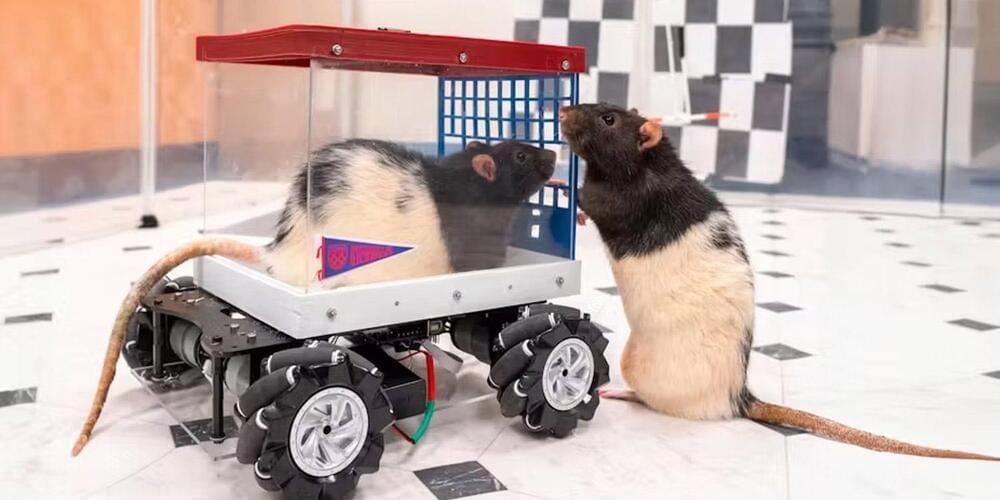
We crafted our first rodent car from a plastic cereal container. After trial and error, my colleagues and I found that rats could learn to drive forward by grasping a small wire that acted like a gas pedal. Before long, they were steering with surprising precision to reach a Froot Loop treat.
As expected, rats housed in enriched environments – complete with toys, space and companions – learned to drive faster than those in standard cages. This finding supported the idea that complex environments enhance neuroplasticity: the brain’s ability to change across the lifespan in response to environmental demands.
Jan 11, 2025
Intelligent Life In Cosmos Is Likely Very Rare, Says Paleontologist
Posted by Dan Breeden in category: futurism
Based on the history of life here on earth, at least one prominent paleontologist thinks that complex life in the cosmos is likely very rare.
Jan 11, 2025
Scientists Have a Radical Plan to Travel to the Nearest Star System Within a Human Lifetime
Posted by Dan Breeden in category: futurism
Jan 11, 2025
Have Researchers Found The First Evidence For String Theory?
Posted by Dan Breeden in categories: quantum physics, time travel
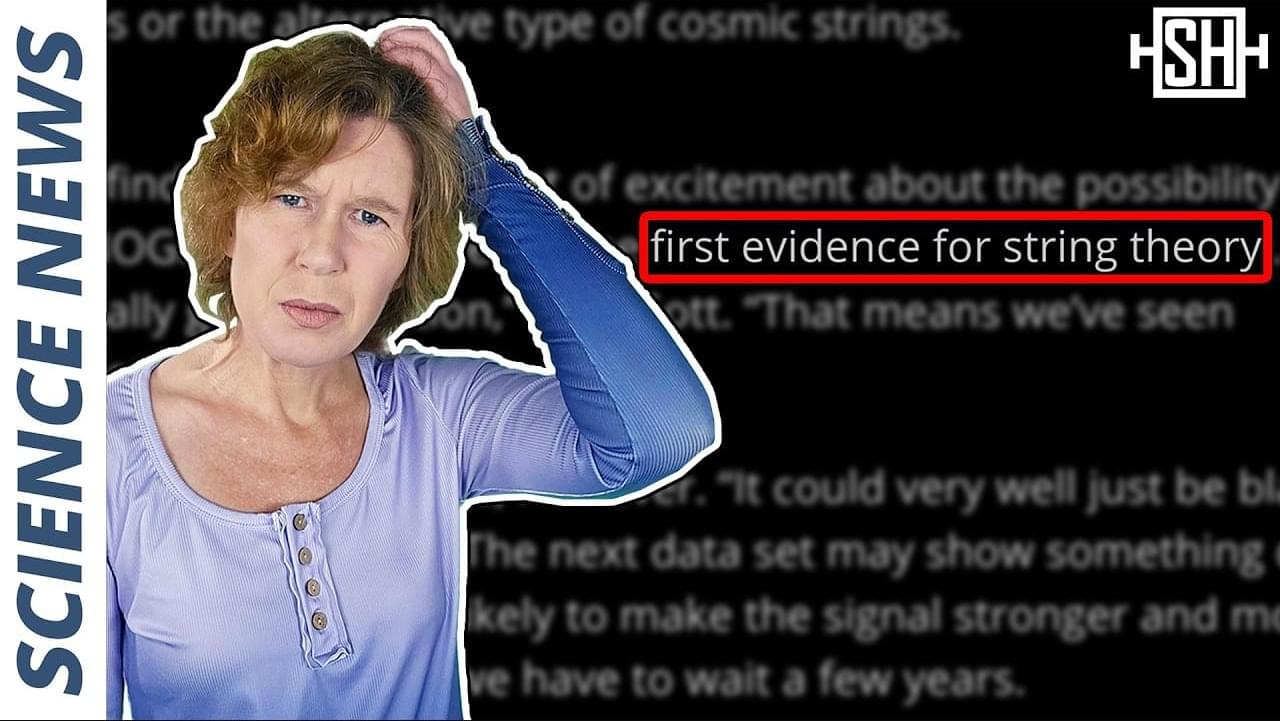
Go to https://ground.news/sabine to get 40% Off the Vantage plan and see through sensationalized reporting. Stay fully informed on events around the world with Ground News.
The BBC claims that researchers have found the first evidence for string theory, citing a recent discovery of long-wavelength gravitational waves that might indicate the existence of so-called “cosmic strings.” Crazier still, they think that this could allow time travel! But do these gravitational waves actually mean that cosmic strings exist? And what, if anything, does it have to do with time travel?
Continue reading “Have Researchers Found The First Evidence For String Theory?” »
Jan 11, 2025
Combining graphene and nanodiamonds for better microplasma devices
Posted by Dan Breeden in categories: biotech/medical, chemistry, nanotechnology
Microplasma devices are incredibly versatile tools for generating and sustaining plasmas on micro-and millimeter scales. The latest advances in nanotechnology now promise to expand their range of applications even further but, so far, this progress has been held back by the limited stability of some nanostructures at the extreme temperatures required to sustain many plasmas.
In a recent study published in Fundamental Plasma Physics, K J Sankaran and colleagues at the CSIR Institute of Minerals and Materials Technology, Bhubaneswar, India, overcome this challenge by decorating sheets of graphene with more stable nanodiamonds—that is, diamonds with diameters smaller than about 100 nm—allowing them to endure far more extreme conditions.
This combined material could expand the use of microplasma devices across a diverse array of useful applications, such as sterilizing and healing wounds, analyzing chemicals, and displaying images.
Jan 11, 2025
New blood test could tell if you’ll get Alzheimer’s years from now
Posted by Paul Battista in categories: biotech/medical, neuroscience
A new blood test may be key to diagnosing Alzheimer’s disease before the condition becomes debilitating.
Neuroscientists at New York University collected and analyzed the blood samples of 125 subjects for acetyl-L-carnitine (ALC) and free-carnitine, two markers essential for brain function.
These substances help to power cells, as well as regulate glutamate, which is involved in most brain activities.
Jan 11, 2025
1st-of-its-kind database reveals how DNA mutations ‘destabilize’ proteins, triggering genetic disease
Posted by Jose Ruben Rodriguez Fuentes in categories: biotech/medical, genetics
A new mega-database of half a million mutations may flag new ways of treating genetic disease, scientists say.
Jan 11, 2025
AI agents: The scientist’s new superpower | Stefan Harrer | TEDxSydney Salon
Posted by Shailesh Prasad in categories: biological, robotics/AI, wearables
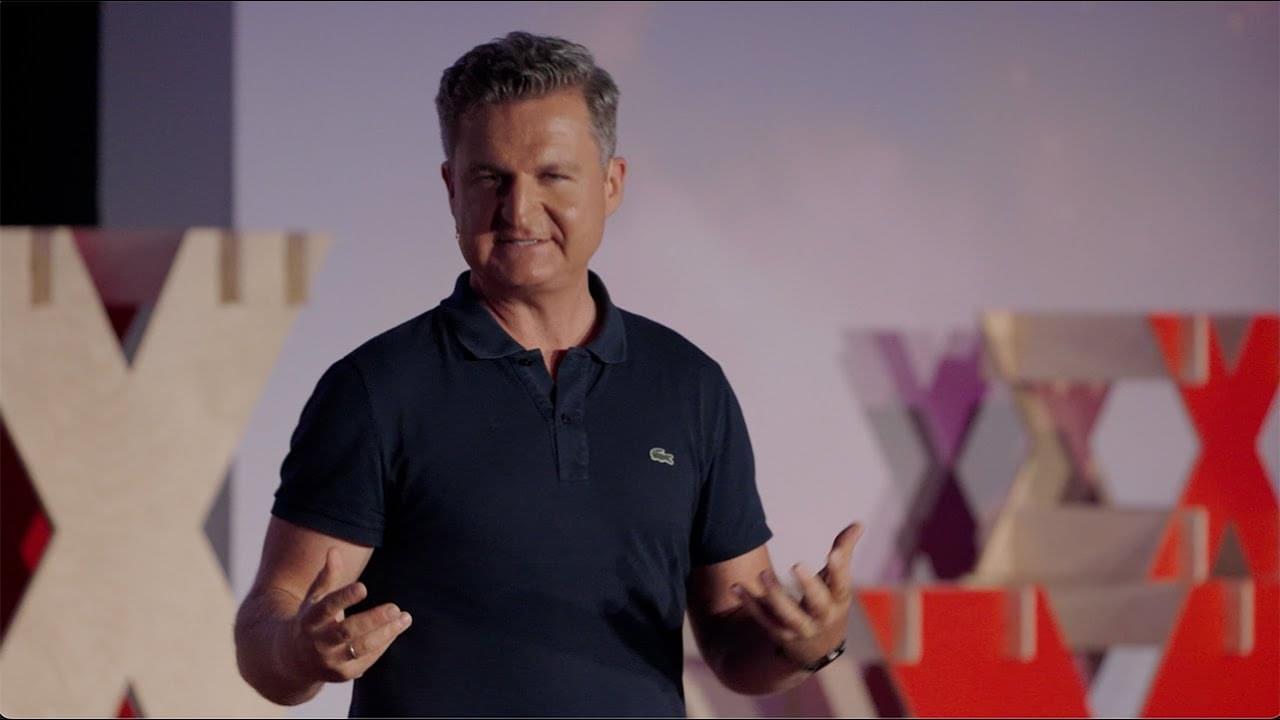
Might Artificial Intelligence be the ideal lab assistant? Stefan Harrer delves into the revolutionary role of generative AI in science. He reveals how AI agents are not just tools but transformative partners for scientists enabling them to achieve breakthroughs in biology and beyond, heralding a new era of scientific discovery and innovation. This inspiring talk highlights the potential for AI to redefine the boundaries of the scientific method and our understanding of life. Dr Stefan Harrer is the Director of AI for Science at CSIRO, Australia’s national science agency. He is on a mission to revolutionise scientific discovery by harnessing the power of AI agents. In senior leadership roles at IBM Research, he led groundbreaking work on AI-driven epilepsy management and developed the world’s first AI-powered wearable for seizure prediction. An inventor with 73 granted patents, a passionate advocate for ethical AI, and a mentor and advisor to startups and governments, Stefan inspires the next frontier of AI innovation and use. This talk was given at a TEDx event using the TED conference format but independently organized by a local community.
